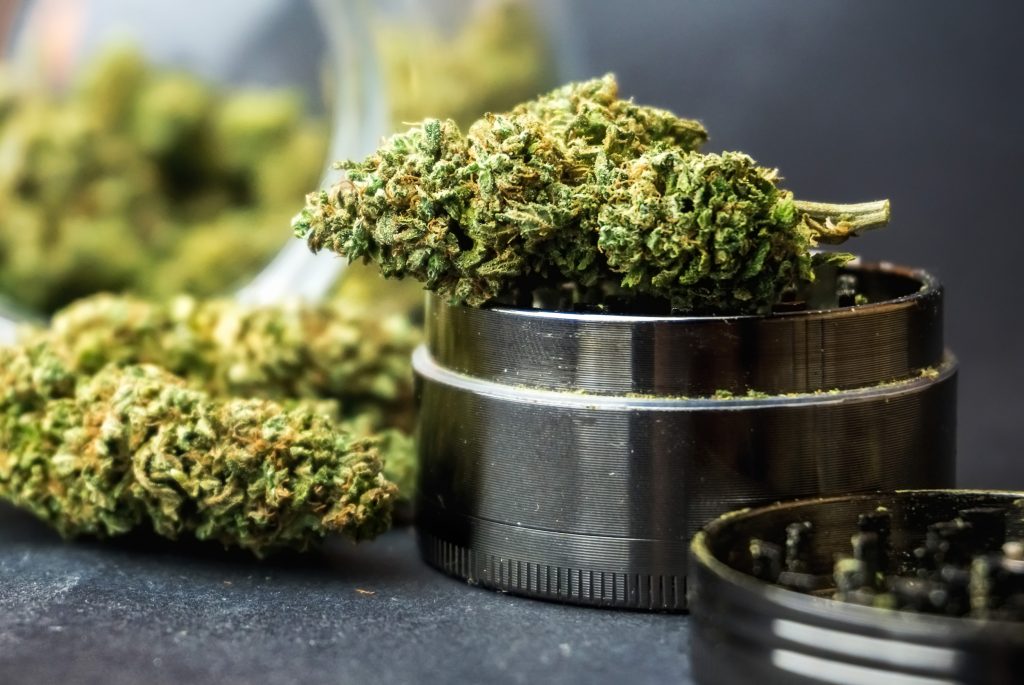
Smoking or vaping marijuana leads to a quicker onset and shorter duration of effects, while edibles result in a delayed onset but longer-lasting effects. Occasional users may find THC clears out of their bloodstream within a few days, while regular or chronic users may have detectable levels for weeks or months. Understanding these factors can help individuals make informed decisions regarding marijuana use and navigate drug testing protocols.” As the legalization of cannabis continues to gain momentum across the globe, it is important to understand the effects and duration of its presence in our bodies. One common question that arises is how long does weed last in your blood? The answer to this question is not as straightforward as one might think, as several factors come into play. When cannabis is consumed, whether through smoking, vaping, or ingesting edibles, its active compounds, such as THC (tetrahydrocannabinol), are absorbed into the bloodstream. From there, THC is metabolized by the liver and broken down into various byproducts, known as metabolites.
These metabolites are what drug tests typically look for to determine cannabis use. The duration of weed’s presence in the blood depends on several factors, including the frequency and amount of cannabis consumed, the method of consumption, individual metabolism, and the sensitivity of the drug test being used. Generally, THC can be detected in the blood for up to a few hours after use, but its metabolites can remain detectable for much longer. For infrequent users, THC metabolites can be detected in the blood for up to three days after consumption. However, for regular users or those who consume larger amounts of cannabis, the detection window can extend to several weeks. This is because THC and its metabolites can accumulate in fatty tissues throughout how long does weed stay in your blood stream the body, including the brain, liver, and kidneys, and are released slowly over time. It is worth noting that while THC metabolites can be detected in the blood for an extended period, the psychoactive effects of cannabis typically last for a few hours.
This means that even if THC is no longer present in the blood, individuals may still experience impairment or altered cognitive function. The method of consumption also plays a role in how long weed lasts in the blood. Smoking or vaping cannabis leads to a rapid onset of effects, but they also dissipate more quickly. On the other hand, edibles take longer to kick in but can result in a more prolonged presence of THC in the bloodstream. Individual metabolism is another crucial factor. Some people naturally metabolize THC and its metabolites more quickly than others, leading to a shorter detection window. Factors such as age, weight, and overall health can influence metabolism rates. Lastly, the sensitivity of the drug test being used can affect the detection window. Different drug tests have varying thresholds for detecting THC metabolites. Some tests may only detect recent cannabis use, while others can identify past use that occurred weeks ago.







